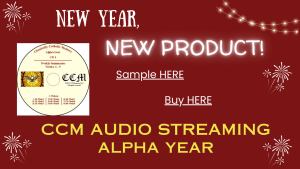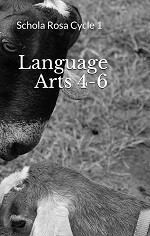In the Store below, simply click on CC MEMORY to order CCM Materials.
"Just want to say 'Thank You' for providing these wonderful materials and products for such a great, affordable price! We started our first week with CCM and are very happy with the curriculum. Also, the packaging of the CCM material is very impressive. You have taken great care to ship it to us! ." Chu in Colorado

STORE
"I purchased Alpha Year last summer for my first grader, and we have so thoroughly enjoyed the program. My 2 and a half year old son even loves it! He loves to recite the poetry and the history. What really astonished me, however, was his ability to apply the information he learned from the songs. I was talking to my husband about our history lesson, and I mentioned 'the king of Persia' and he shouted, 'that's King Cyrus!' " Camille in California
If purchasing materials for the Schola Rosa curriculum or a Schola Rosa co-op, be sure to click on the Schola Rosa option in the Store instead of CC Memory. Schola Rosa uses a unique edition of Classically Catholic Memory in its program.

